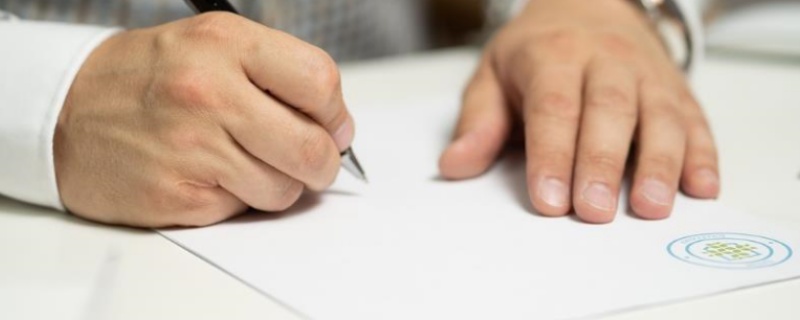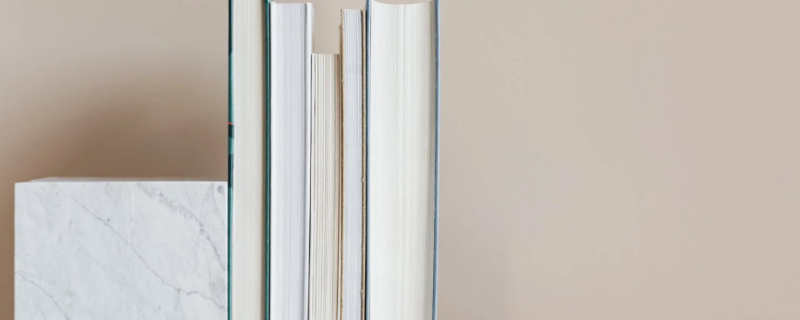名词::disgracer
过去式::disgraced
过去分词::disgraced
现在分词::disgracing
第三人称单数::disgraces
"one mistake brought shame to all his family"
"suffered the ignominy of being sent to prison"
"he dishonored his family by committing a serious crime"
"She tends to put down younger women colleagues"
"His critics took him down after the lecture"
"This newspaper story discredits the politicians"
1.丢脸;耻辱;不光彩
If you say that someone isin disgrace, you are emphasizing that other people disapprove of them and do not respect them because of something that they have done.
disgrace
e.g. His vice president also had to resign indisgrace...
他的副总统也被迫不光彩地辞去职务。
e.g. She has broughtdisgrace upon womankind.
她的行为让女性蒙羞。
2.丢脸的事;不名誉的事
If you say that something isa disgrace, you are emphasizing that it is very bad or wrong, and that you find it completely unacceptable.
e.g. The way the sales were handled was a completedisgrace...
这种销售手段为人所不齿。
e.g. The national airline is adisgrace.
国家航空公司真可耻。
3.让人蒙羞的人
You say that someone isa disgrace to someone else when you want to emphasize that their behaviour causes the other person to feel ashamed.
disgrace的解释
e.g. Republican leaders called him adisgrace to the party...
共和党领导人称他是全党的耻辱。
e.g. What went on was a scandal. It was adisgrace to Britain.
发生的一切是个丑闻,是给英国抹黑。
4.使丢脸;使受辱
If you say that someonedisgraces someone else, you are emphasizing that their behaviour causes the other person to feel ashamed.
e.g. I have disgraced my family's name...
我让家人蒙羞。
e.g. I've disgraced myself by the actions I've taken.
我的行为让我颜面尽失。
1. disgrace的近义词
1. 耻辱:<>(disgrace)根据JM.柯慈(JM Coetzee)的布克奖获奖作品改编,揭示了后种族隔离时代的社会习俗;但这部电影因为南非无法筹资而由澳大利亚人制作. 不过,<>(The Bang Bang Club)或许可以让当地重新感觉一点骄傲,
2. disgrace的反义词
2. 不名誉:光(Light)的真正意思不是神圣(Blessed)、洁净(Spotless)、名誉(Honor),而是污秽(Filthy)、不洁(Defiler)及不名誉(disgrace)「可不要以为那次之后只剩下你就可以获胜,我想你应该知道,
3.
3. (丢脸):牐爏candal(丑闻) | 牐燿isgrace(丢脸) | 牐燿ishonor(耻辱)
肮脏的教室是学校的耻辱。
Her actions brought disgrace on his family.她的行为给她的家庭带来了耻辱。
You will bring disgrace on yourself by doing this.你这样做会给自己带来耻辱。
He quit in disgrace over the bribe.他因受贿而不光彩地辞职了。
He fell into disgrace with his companions.他的朋友都看不起他。
He will die before he shall disgrace himself.他宁肯死而决不受侮辱。
Harry is in disgrace because of his behaviour.哈里因为行为失检而丢脸。
Her son's disgrace broke her heart.她儿子丢脸的事让她很难过。
Her behaviour has brought disgrace on her family.她的行为使家人蒙羞。
The swimmer was sent home from the Olympics in disgrace .这位游泳运动员很不光彩地从奥运会上被遣送回国。
There is no disgrace in being poor.贫穷不是耻辱。
Sam was in disgrace with his parents.萨姆已失宠于他的父母。
Your homework is an absolute disgrace.你做的作业太丢人了。
That sort of behaviour is a disgrace to the legal profession.这种行为是法律界的耻辱。
The state of our roads is a national disgrace.我们的道路状况是国家的耻辱。
It's a disgrace that (= it is very wrong that) they are paid so little.他们的报酬如此微薄,太不像话了。
I disgraced myself by drinking far too much.我喝酒过多出了洋相。
He had disgraced the family name.他玷污了家族的名声。
He was publicly disgraced and sent into exile.他被当众贬谪,放逐异乡。
a disgraced politician'/leader失势的从政者 / 领导人
I have disgraced my family's name...我让家人蒙羞。
I've disgraced myself by the actions I've taken.我的行为让我颜面尽失。
What went on was a scandal. It was a disgrace to Britain.发生的一切是个丑闻,是给英国抹黑。
Republican leaders called him a disgrace to the party...共和党领导人称他是全党的耻辱。
The national airline is a disgrace.国家航空公司真可耻。
She has brought disgrace upon womankind.她的行为让女性蒙羞。
The way the sales were handled was a complete disgrace...这种销售手段为人所不齿。
His vice president also had to resign in disgrace...他的副总统也被迫不光彩地辞去职务。
He was in disgrace after his ungentlemanly behavior.他因为行为不检而为人所不齿.
Goldman today stands in disgrace.哥尔德曼今天已经失宠了.
It's really a disgrace!简直是丢丑!
Is it a disgrace for a woman having too many boyfriends?对女人来说,交太多男朋友算是件不光彩的事 吗 ?
For example, chaotic relationships and the prostitution of children are a huge disgrace a civilized society.例如乱伦,雏妓问题,是文明社会的地一大耻辱.
When calamity, or when disgrace to the house, let the Dedlocks listen for my steps.当这个家庭出了不幸的事或丢脸的事, 就让德洛克家的人听听我的脚步声吧!
No, he would never disgrace his name so far.不, 他决不会把自己的名声辱没到这般田地.
The King..had determined that the disgrace of the Hydes should be complete.
出自:Ld MacaulayWithered stumps disgrace the sylvan scene.
出自:W. Cowper


